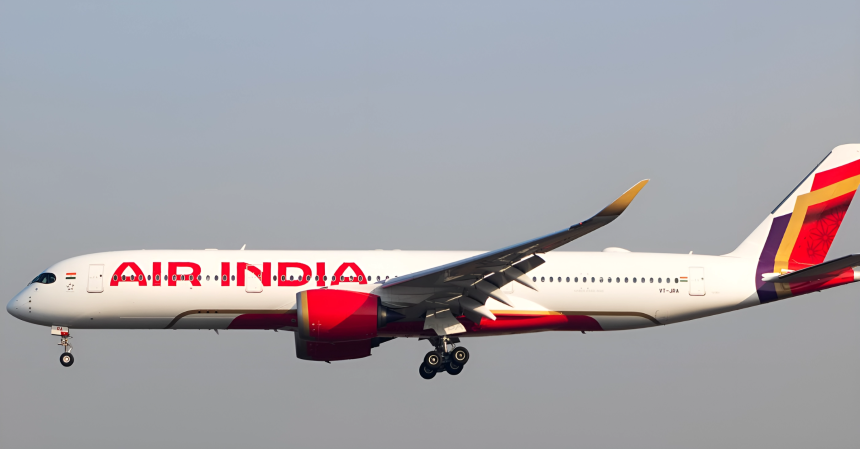Air India has cancelled eight international Boeing 787 Dreamliner services as investigations into the recent Ahmedabad crash continue. The disruptions come amid heightened regulatory checks and operational constraints that are impacting global travel schedules.
Flights Affected and Routes Disrupted
On June 17, Air India declared the cancellation of eight long-haul Boeing 787 services, affecting key routes including Ahmedabad–London (AI 159), Delhi–Paris, London–Amritsar, Mumbai–San Francisco, and others.
Additional flights in the London, Paris, Vienna, and Dubai sectors were either grounded or delayed due to aircraft unavailability linked to maintenance demands and regional airspace limitations.
Crash Aftermath Spurs Safety Measures
India’s Directorate General of Civil Aviation (DGCA) has ordered rigorous pre-flight checks across Air India’s fleet of 33 Dreamliners. Inspections have so far uncovered coordination lapses and parts shortages—though no major safety flaws were detected. Air India has also been asked to submit detailed inspection records and crew training logs, signaling sustained scrutiny.
Airspace Restrictions and Technical Snags
The airline cites not only precautionary checks but also reduced aircraft availability due to Middle East airspace closures amid the Israel–Iran conflict. Technical issues have also occurred: an Air India flight returned mid-air, and another was grounded in Kolkata after engine concerns emerged on the San Francisco–Mumbai leg.
Ongoing Crash Inquiry
The Boeing 787 crash on June 12, which killed at least 270 people, remains under intense investigation by India’s Aircraft Accident Investigation Bureau with support from UK and US agencies. Investigators are exploring possible causes including dual engine failure, flap settings, and landing gear status.
The Cockpit Voice and Flight Data Recorders have been recovered and are now under analysis.
Passenger Support and Outlook
Air India has initiated alternative travel arrangements and launched dedicated helplines. Guidelines for refunds and rescheduling have been provided, and the airline has pledged full support to affected customers. The DGCA reports that while immediate inspections revealed no major deficiencies, improvements are needed in maintenance and interdepartmental coordination.
What Lies Ahead
- Fleet integrity: Air India’s entire 787 fleet is undergoing in-depth inspections before international operations resume.
- Regulatory vigilance: The DGCA may expand checks to other aircraft types and require enhanced crew training and compliance measures.
- Public confidence: With a series of cancellations and warnings, Air India and Boeing face renewed public scrutiny as the crash’s causes are determined.
The suspension of eight key international services underscores both the immediate aftershock of the crash and broader vulnerabilities in operations and regulatory systems. As the inquiry continues and fleets undergo rigorous checks, restoring stability and trust in Air India’s long-haul network will be a central challenge moving forward.











